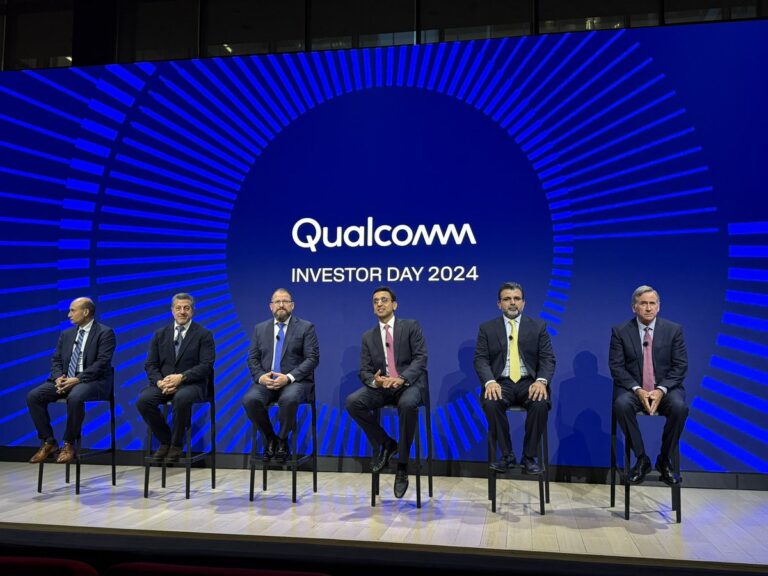Facebook’s new graph search function is so unambitious that no one is going to get the wrong end of the stick.
- Instead of a leap into the unknown, Facebook’s new search product does little more than optimise the asset that the company already has.
- Facebook Graph Search is a new function that allows users to search through the data that has been shared with them and friends that they have in a more intuitive way.
- The practical upshot of it is that it becomes much easier to find people you know who are located in certain area or share an interest that common to the user.
- For users, it looks great and it could be an intuitive way of getting recommendations without having to ask everyone individually.
- However, It does not take Facebook into the world of internet search nor does it have any possibility to take the company anywhere outside of its home in social networking.
- The demonstrations look great and this feature will undoubtedly enrich the experience of the 1bn users of Facebook but I can’t see how it benefits Facebook?
- Facebook is like Google in that it exists to make money from selling advertising based on the information that it collects from people using its services.
- Facebook has 1bn+ active users who also do other things on the internet such as search, browse and shop.
- Graph search will benefit the users and make them more loyal but it is unlikely to help Facebook learn anything more about them.
- When its users search, browse and shop Facebook will still learn nothing meaning that its knowledge of its users will not be enriched.
- Hence, how Facebook earns a return on the money invested in creating Graph Search is very unclear.
- I am disappointed with this product as it does nothing to capitalise further on its greatest asset: the 1bn+ active users who regularly visit the site.
- If Facebook is to become a long-term giant in the internet space, it will have to extend its reach beyond its own (admittedly large) backyard rather than just fence itself in its hole.
- Google is much more forward thinking in this regard and frankly at this rate has a better chance of being all things to all users than Facebook.









Blog Comments
Raymond
January 16, 2013 at 10:20 pm
I think this may end up being quite profitable for Facebook. Graph search increases the value of likes and check-ins tremendously, since now there is a much more direct route from liking something to exposing it to additional people in a non-intrusive way. And if Facebook can monetize many more likes, potentially even increasing monetization per like as new value is shown, then this will lead to revenue growth.
windsorr
January 20, 2013 at 12:49 pm
It wont lead to revenue growth beyond that for which it was already destined but it might give some price upside if it has better quality data upon which to target its users. BUt then again I am not sure that this tool gives Facebook the ability to do that. This is a user facing tool and does not benefit facebook in any way by making its knowledge its own data better. The benefit looks to me like greater user loyalty,
rastamouse
January 18, 2013 at 3:30 pm
Let’s pretend you want to buy a smartphone. You google “best smartphone 2012”.
As an alternative you can now use Graph search to see which smartphones your friends have “liked”. This is a bigger threat to Google than you realise, since they make a significant proportion of their money in the product / service category
rastamouse
January 19, 2013 at 4:40 pm
Let’s pretend you want to buy a new smartphone. You go to google and search “best smartphones 2012”. As an alternative, you can use Graph search to see smartphones my friends “like”; it is searching for products and services on the basis of personal recommendation. I think it is a bigger threat to Google’s web business than you appreciate.
Facebook – Once bitten, twice shy | Radio Free Mobile
April 4, 2013 at 8:47 am
[…] The last time Facebook made a “big announcement” the result was the spectacularly unambitious Facebook Graph Search. […]